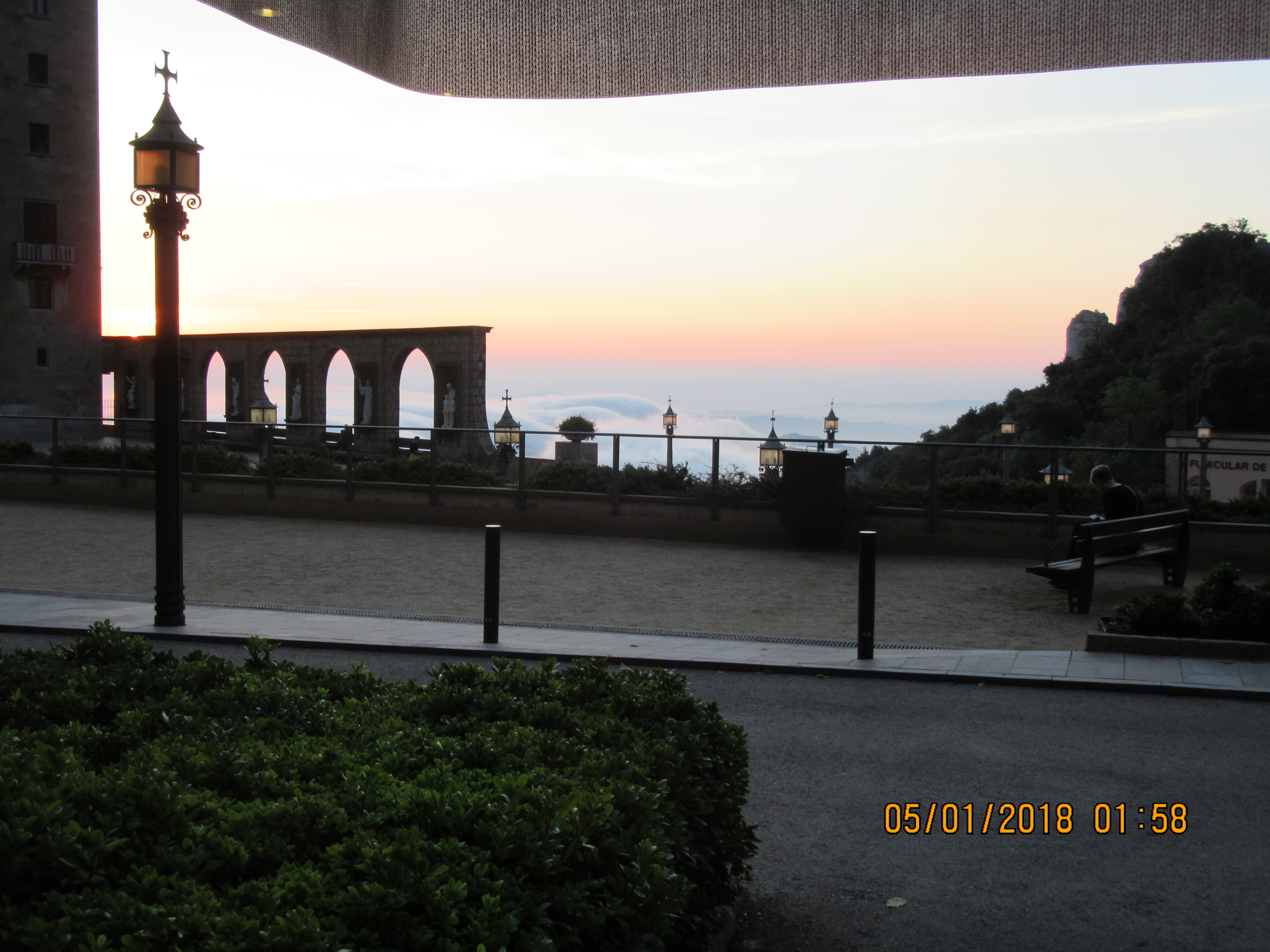ACTS 5:34-42; Jn. 6: 1-15
Today we see the wisdom of Gamaliel who recognizes a very important principle of life, the work of man alone perishes but the work of God through man is eternal. The world is filled with a long history of false prophets of human origin who offer false hope for a better world. They succeed in gathering a flock of believers but as Gamaliel says, “but with their death come the end” of their movement. Gamaliel is speaking to the Jews who were part of the crucifixion of Jesus. They should feel relieved that with Jesus death his movement will disband. Instead they continue to fear the Apostles. Why?
The Apostles preach of a resurrected Jesus but that alone is not reason enough to bring fear into their hearts. It would be easy enough to discount it as a made up story since the Jews did not witness the resurrection. The reason they fear the Apostles is because they now demonstrate the power to do the same miracles of Jesus. Not only do they heal the sick, forgive sins, feed the poor, but they also are imprisoned and leave the jail without unlocking doors and go back to the temple to preach, heal, and baptize in the name of Jesus. To defy nature’s laws brings fear to those in power. Instead of dealing with one who they crucified they now have to deal with a multiplication of the one. Gamaliel understands clearly, “but if it comes from God, you will not be able to destroy them; you may even find yourselves fighting against God.” The power comes from God, Jesus the second person of the Trinity.
Are we part of the multiplication of the loaves? Absolutely! In this concrete sign of taking the five barley loaves and two fish and multiplying them to feed the people we recognize it to prefigure the coming Eucharist which the priest breaks to feed us with the body and blood of Jesus. We receive the Eucharist to become what we receive, Jesus. We then go forth to be Jesus to the world and feed others by the power of his name. The fear of the Jews is today’s reality.
One part of the gospel’s reading invites some further reflection. I am struck by the idea that among the five thousand men not counting the women and children they identify one boy carrying five barley loaves and two fish. If they had said it was a woman who had the bread and fish it would have been in the norm. If you ever go on a trip or just down the road for a day out at the beach you can count on the woman to prepare for the journey. They even try to add something that each person likes to eat. Men generally focus on the destination but a boy is not the caretaker. Boys carry their toys. I believe God sends us his angels and perhaps this was an angelic boy from heaven to deliver a blessing just as manna from heaven fell to feed the people in the desert. In this story bread and fish kept multiplying into more fragments the more it was broken.
Today Jesus is the bread from heaven being delivered by the priesthood multiplied for our sanctification. We receive it and we are to multiply it but sometimes we must be broken and sacrifice ourselves rejoicing that we may be worthy to suffer for the sake of his name.
What is a vocation? It is doing the work of God in our state of life. We can look to Mary and Martha when Martha complained to Jesus for the work she was doing. It was not that her work was meaningless. It was necessary but in her heart it was about her and not her service. When we offer our daily work to God it opens up to divine purpose and is transformed into the work of God through us. If we make it all about us we will someday die and it will soon be a forgotten history of dead works along with us. If we open it to God’s plan of salvation it will be a legacy and heritage that bears fruit for eternity. May we eat of the eternal fruit of our work for God judges the heart and blesses the labor as an offering.



Recent Comments